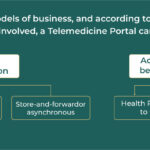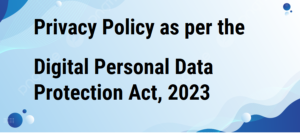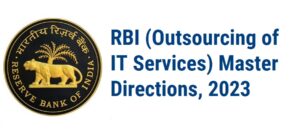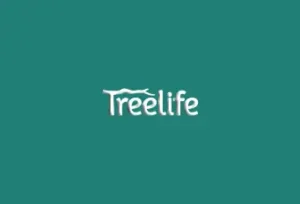On September 02, 2022, the Reserve Bank of India (RBI) issued guidelines on digital lending to protect the interests of borrowers and to bring transparency and accountability in the digital lending space. Further, on February 13, 2023, The Reserve Bank of India (RBI) published a set of frequently asked questions (FAQs) on digital lending, which provides guidelines and clarifications on various aspects of digital lending in India. The FAQs cover topics such as the regulatory framework for digital lending platforms, the rights and obligations of borrowers and lenders, data privacy and security, fair practices code, and grievance redressal mechanisms.
Some of the key points covered in the FAQs include that the REs may carry out a portion of the lending process physically. Further, it has been stated that only if a lending transaction qualifies under the definition of ‘Digital Lending’, will a service provider facilitating such lending be designated as LSP. It specifies that insurance charges shall be included in the computation of APR only for the insurance which is linked/integrated with loan products as these charges are intrinsic to the nature of such digital loans. It clarifies that while Payment Aggregators (PA) that do not handle funds flowing from the lender to the borrower are not subject to the Guidelines on Digital Lending, any PA that acts as a Loan Service Provider (LSP) must comply with the Digital Lending Guidelines. In cases of delinquent loans, recovery agents can collect cash from borrowers, and these transactions are exempted from the requirement of direct repayment of the loan in the RE’s bank account. It provides clarity on the fact that confirms that repayment can be allowed from a corporate employer who deducts the EMI amount from the borrower’s salary, but it must be ensured that the repayment is directly from the bank account of the employer to the RE. It notes that exemptions from direct disbursal to the bank account of the borrower can be extended to co-lending arrangements between REs for non-PSL loans subject to the condition that no third party other than the REs in a co-lending transaction should have direct or indirect control over the flow of funds at any point of time.
The Guidelines on Digital Lending apply to all transactions meeting the definition of ‘Digital Lending’ and to digital loans offered over any digital platform that meets the definition of ‘Digital Lending Apps/ Platforms’ (DLAs). The penal interest/charges levied should be based on the outstanding amount of the loan, and the amount under default should act as the ceiling on which the penal charges can be levied. Any cheque bounce or mandate failure charges, which are levied on a per instance basis, need not be annualized but must be disclosed separately in the KFS under ‘Details about Contingent Charges.’
The FAQs also emphasize the importance of transparency and disclosure of terms and conditions, interest rates, and charges, and the need to obtain explicit consent from borrowers before sharing their data with third parties. Additionally, the FAQs guide responsible lending practices, such as assessing the borrower’s creditworthiness and ensuring that the loan amount and repayment terms are reasonable and aligned with the borrower’s income and expenses.
Disclaimer: The content of this article is for information purpose only and does not constitute advice or a legal opinion and are personal views of the author. It is based upon relevant law and/or facts available at that point of time and prepared with due accuracy & reliability. Readers are requested to check and refer to relevant provisions of statute, latest judicial pronouncements, circulars, clarifications etc before acting on the basis of the above write up. The possibility of other views on the subject matter cannot be ruled out. By the use of the said information, you agree that the Author / Treelife is not responsible or liable in any manner for the authenticity, accuracy, completeness, errors or any kind of omissions in this piece of information for any action taken thereof.
Disclaimer:
The content of this article is for information purpose only and does not constitute advice or a legal opinion and are personal views of the author. It is based upon relevant law and/or facts available at that point of time and prepared with due accuracy & reliability. Readers are requested to check and refer to relevant provisions of statute, latest judicial pronouncements, circulars, clarifications etc. before acting on the basis of the above write up. The possibility of other views on the subject matter cannot be ruled out. By the use of the said information, you agree that the Author / Treelife is not responsible or liable in any manner for the authenticity, accuracy, completeness, errors or any kind of omissions in this piece of information for any action taken thereof.








